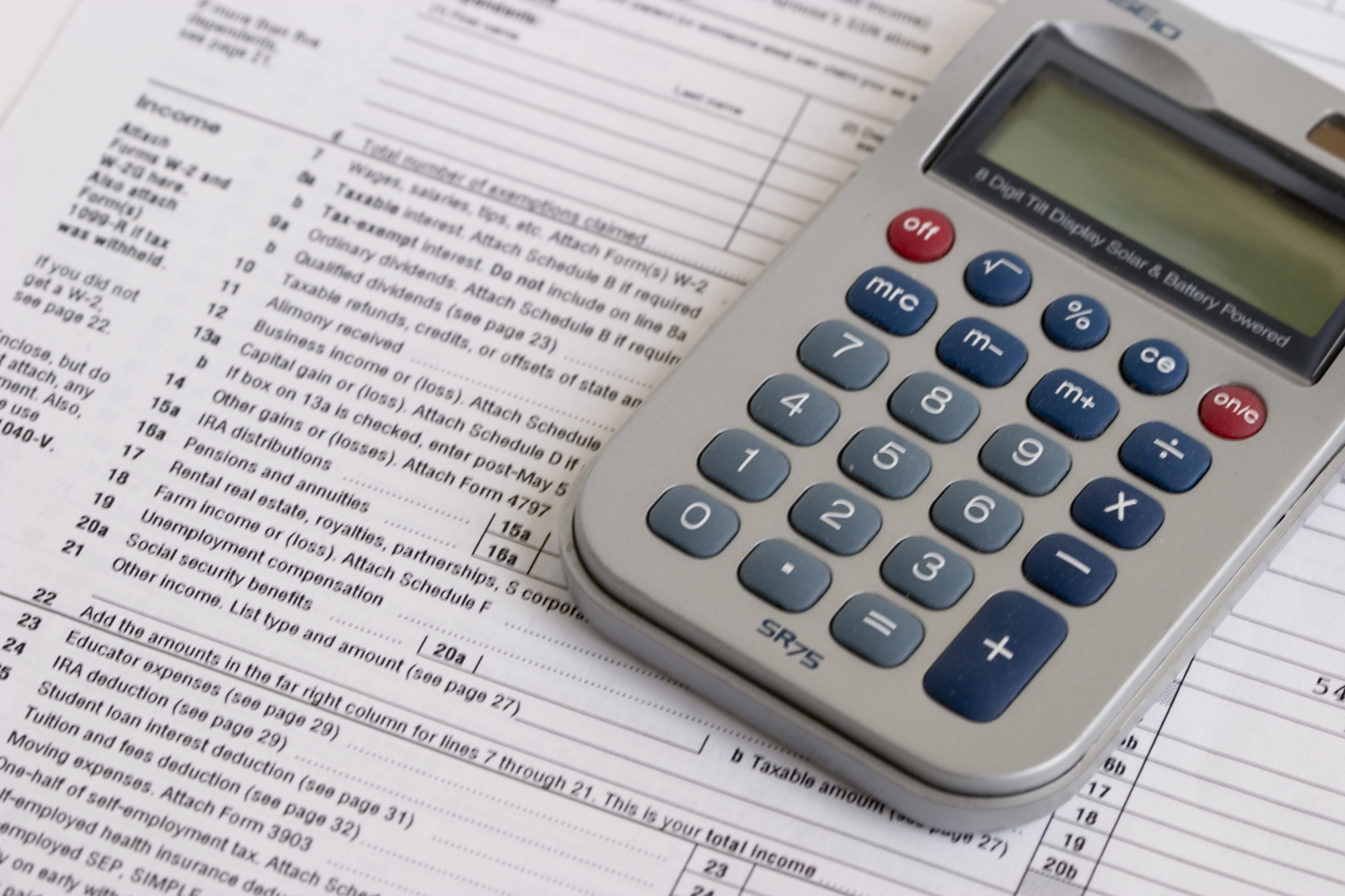In 2019, the short term rental market was expected to be worth a whopping $167.9 billion. While there are 44 million renter occupied residences across the US, 91 out of 100 housing markets across have seen property increases. There's no doubt it's a good time to own investment property.
Many who participate in real estate investing actively buy and sell properties to enrich their portfolio. While real estate is often a smart investment, it's important to understand the tax implications. For this reason, many choose to take advantage of 1031 exchange rules to avoid hefty taxes as they sell a property.
So, how can a 1031 exchange help you as a buy and sell investment property? How does 1031 exchange work for a real estate investor? Read on to learn more in our quick guide to a 1031 exchange.
What Is a 1031 Exchange?
As a real estate investor there are a few ways you can grow your money and make a profit from owning a property. If you have homes for rent or commercial property you lease, you know you can make a profit from rental income.
The other way to make a profit involves selling the property once it has grown in value. Of course, then you face having to pay capital gains taxes. This is where a 1031 exchange can be helpful for investors.
A 1031 exchange allows an investor to sell a property and reinvest the money into a new property and avoid paying the capital gains made from the sold property.
Now will you eventually have to pay capital gains once you sell a property? Yes, but the goal is that you don't pay those taxes until you have a lower income bracket like you're likely to have in retirement.
1031 Exchanges and Taxes
If you're serious about real estate investing, there are some real tax reasons to take advantage of a 1031 exchange. This is especially true of a property that has greatly grown in value once you sell it. The more money you make, the more you're likely to pay in taxes.
That is, of course, unless you opt to take the revenue and reinvest the money into a new investment property following the 1031 exchange rules.
1031 Exchange Rules
While there are some worthwhile tax incentives to a 1031 exchange, the rules are strict for them. You want to work with a real estate and tax attorney who knows the intricacies of the rules so you don't get hit with an unexpected tax bill. Some of the rules include:
- Profits from a property sold must placed with a qualified intermediary until the next property is close on
- 1031 exchange allows 45 days to identify 3 potential properties to buy
- Investors have 180 days to close on one of the 3 identified properties
It's important to understand how depreciation plays a factor in establishing the value of a property with a 1031 exchange too.
Use a 1031 Exchange to Your Advantage as a Real Estate Investor
As a real estate investor using a 1031 exchange is a smart way to avoid paying capital gains taxes as you continue to grow your real estate portfolio. As you do increase the number of properties you own, let us help you manage them.
Learn more about our property management services and get the help you need to care for and keep your properties rented and making money.














